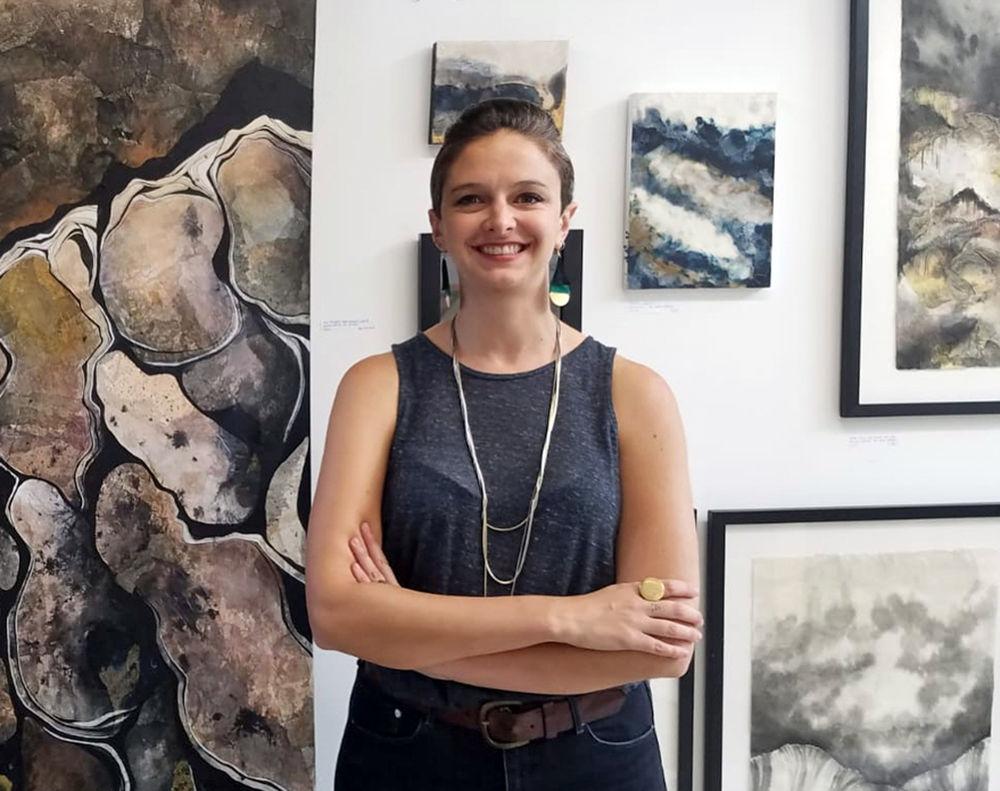The Women’s Center at NC State has hired a new staff member who aims to educate and engage students on sexual violence and support college students who are survivors of sexual violence.
Carlyn Wright-Eakes, the new rape prevention education coordinator at the NC State Women’s Center, helps create programs and advises various student groups on how to prevent and handle sexual violence.
Technician: Can you describe what your program does?
Wright-Eakes: I am the rape prevention education coordinator here with the Women’s Center. Within my role, I am first the adviser to The Movement Peer Educators. The Movement is a student group and also affiliated with the Women’s Center. They lead trainings across campus that are working to end interpersonal violence. Their training includes things like healthy relationships, learning about sexual violence, consent and stalking. So, that is one piece of the role. I am beginning to take on advising It’s On Us, which is another sexual assault prevention student group. And then through the Women’s Center, we do advocacy for survivors of sexual assault, and this can look like anything from accompanying a survivor to the Counseling Center, helping set up counseling off-campus if need, we can help with connecting with academic accommodations, housing accommodations, if needed. Our goal is to provide support to the survivor in any way to help them begin their process of healing and be able to have a safe environment.
Technician: What are the requirements to be a coordinator in rape prevention education training?
Wright-Eakes: My background is, as an undergraduate I studied women gender studies and sociology, and I just completed my master’s in education at Harvard. I primarily studied arts in education, but also looking at social justice movements and how to teach about that. So, what a lot of my background is, is in building training and building curriculum on different issues, and thinking about how we can look at social-emotional learning and bring people together around issues that can be quite controversial and divisive. And so, people can come from different angles. We have a social worker, an intern, and Janine [Kossen] has a more legal and policy background. So, in between the three of us, we are doing assault advocacy right now. It’s a really good mix of social work, education and legal policy.
Technician: What inspired you to become a coordinator at the Women’s Center?
Wright-Eakes: I identify as a survivor of sexual assault. It is something that has impacted a lot of friends, family members, people in my life. It is something that I am passionate about, seeing this change. I know that it has impacted me and my ability to engage in my studies when I was younger. So, I feel extremely dedicated to the work, and I think that education is a way of transformation. I think that trauma can impact a person’s ability to grow and learn and engage. So, I hope to be in this role to support as many people as possible through a process of healing and to really coach and train and engage more students to be more involved in rape education.
Technician: How can a student help another student who is a survivor of sexual violence?
Wright-Eakes: Well, I would first recommend a training from The Movement. Responding to friends who have disclosed to you is actually quite counterintuitive. As humans we, especially if it someone we really care about, want to fix the problem and want to make sure that they’re okay. And often times, unless they have been trained in how to respond to trauma, people will impose control over someone and ends up re-traumatizing or impacting the survivor negatively. The first thing you say is to say, “Thank you for trusting me, I believe you. You’re worthy.” And affirmations and listening, and then providing resources to make sure that person has followed up and care.
Technician: How can students get involved and receive more information about your program?
Wright-Eakes: We, the Women’s Center, are open from 8 a.m. to 5 p.m. We take walk-ins, so anyone can come by and speak to one of us. You can email, make an appointment. You can get on our newsletter and on our website too. We have our different events and training. Highly recommend coming to our training workshops. This October is also Domestic Violence Awareness Month, so we have many events that will be a great way for students to engage with the Women’s Center and with violence prevention work.
Students can further engage with the Women’s Center by going to the website to learn more about various trainings and events.
Students who have experienced sexual violence or know someone who has can contact staff members at the Women’s Center, call University Police at (919) 515-3000, file a report through Safe at NC State, or call the 24-hour Sexual Assault Helpline at (919) 515-4444.








